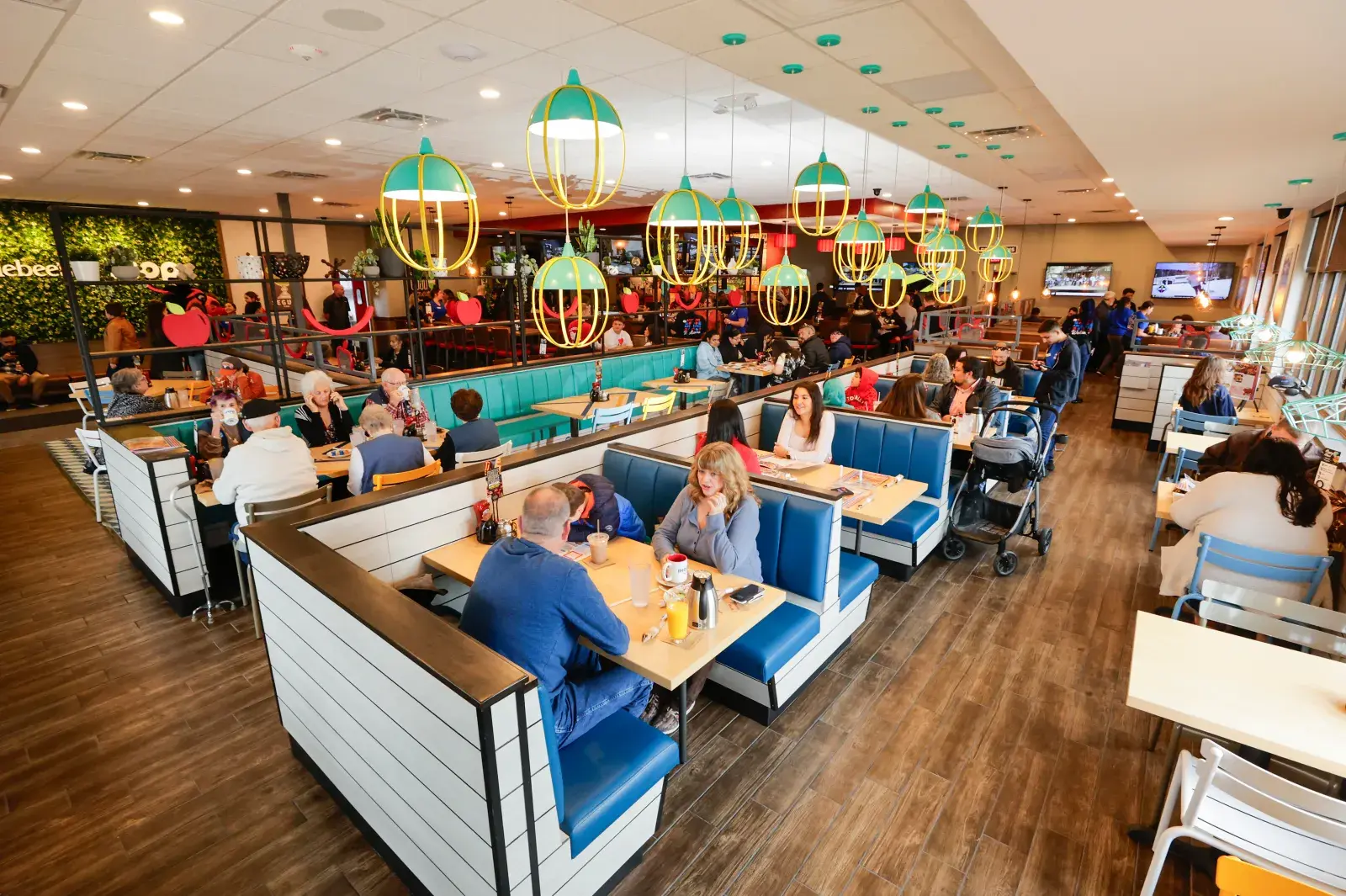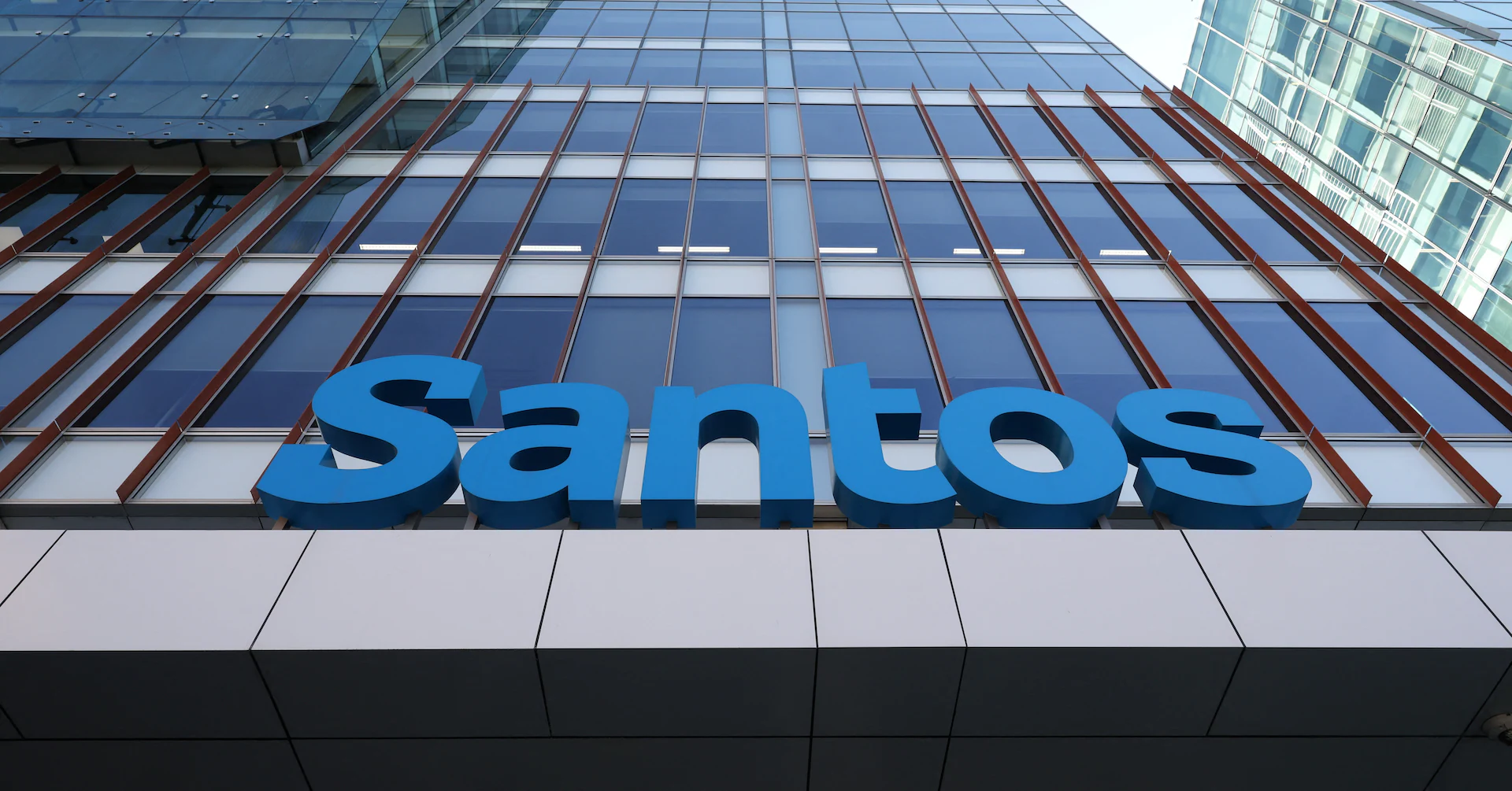By Hugh Cameron
Copyright newsweek

America’s restaurants find themselves in a financial “double squeeze,” according to a recent study, with both rising labor costs and the pressures of trade policy weighing heavily on their margins.
Business solutions provider Expert Market, in its latest Food & Beverage Industry Report, found that a majority plan to raise prices to offset the impact of these factors on their bottom lines.
Why It Matters
As highlighted in the report, the U.S. restaurant industry is one which operates on very thin margins and has already been battling the rising price of ingredients and other input costs. Experts and business owners told Newsweek with regards to the retail sector that raising prices to cope with long-term inflationary trends and recent pressures is a difficult balancing act—that while potentially necessary to protect profitability, risks alienating increasingly budget-conscious consumers.
As Expert Market editor Chris Maillard said: “The food and beverage sector is often the canary in the coal mine—as discretionary spending, it’s one of the first areas to feel the pinch in tough economic climates. This could be a signal that tariffs will soon start to bite across other areas of the U.S. economy.”
What To Know
Expert Market surveyed 628 American professionals working in the food and beverage space in August, over 85 percent of whom say labor issues are affecting their operations, with 38 percent listing staffing as their most critical challenge.
Over half (57 percent) identified staff wages and benefits as the biggest squeeze on profitability. In an effort to offset these impacts, 62 percent say they have raised menu prices, including 17 percent who have raised prices “significantly” for this reason.
Guests dine at an IHOP restaurant on February 18, 2025, in Seguin, Texas. (Erich Schlegel/AP Content Services for Dine Brands)
An August study by financial services firm Bankrate found that those working in the accommodations and food services sectors were among the only professions whose wages have outpaced inflation over the past few years—climbing 27.5 percent since January 2021 compared to the overall, 22.7 percent increase in prices.
Elise Gould, senior economist at the Economic Policy Institute and an expert in wage dynamics, told Newsweek that areas such as leisure and hospitality “experienced much faster wage growth” following the pandemic due to the “sheer numbers of jobs lost and the need for employers to scramble to attract and retain workers.” She added that these effects were especially pronounced at the lower end of wage distribution, and for workers who required more “enticement” from employers to return to lower-compensated, face-to-face positions.
In addition to wage growth, 60 percent of respondents report their business being directly affected by tariffs, with 47 percent saying this has resulted in higher menu prices.
These two factors—referred to as the “double squeeze”—have compounded the broader pressure coming from the rising cost of ingredients, which 76 percent of businesses say have made a significant dent in profitability.
And addressing this squeeze with higher prices appears to create an additional challenge for businesses. Four in five (80 percent) say shifting consumer expectations have affected their operations over the past year, with 28 percent citing affordability and value as the hardest expectation to meet. This was followed by speed of service at 20 percent and consistent quality at 13 percent.
“In practice, that means any price adjustments must be matched by visible value, such as faster service, reliable execution, and improved guest experiences,” Expert Market wrote in its report. “Otherwise, there is a threat to businesses eroding their customer base.”
What People Are Saying
Editor Chris Maillard and Olivia Mason, research executive at Expert Market, told Newsweek: “Our report made it very clear that menu prices are rising—62 percent of businesses have had to raise menu prices to offset wage increases alone. The impact seemed spread quite evenly across the industry, but bigger chains with tightly automated controls over ingredients and supplier costs will likely be better placed to weather the storm.”
They added that price hikes “will only accelerate as tariffs and inflation continue to increase costs of ingredients, energy and other overheads. Coming into the holiday season, traditionally a busy and profitable time for restaurants, this year could be make or break for many establishments.”
National Restaurant Association president and CEO Michelle Korsmo, in response to tariffs introduced in early August, said: “With restaurants operating on very tight margins, many operators may have no choice but to increase menu prices, something they are reluctant to do, because we know Americans may have to make the choice to d…



